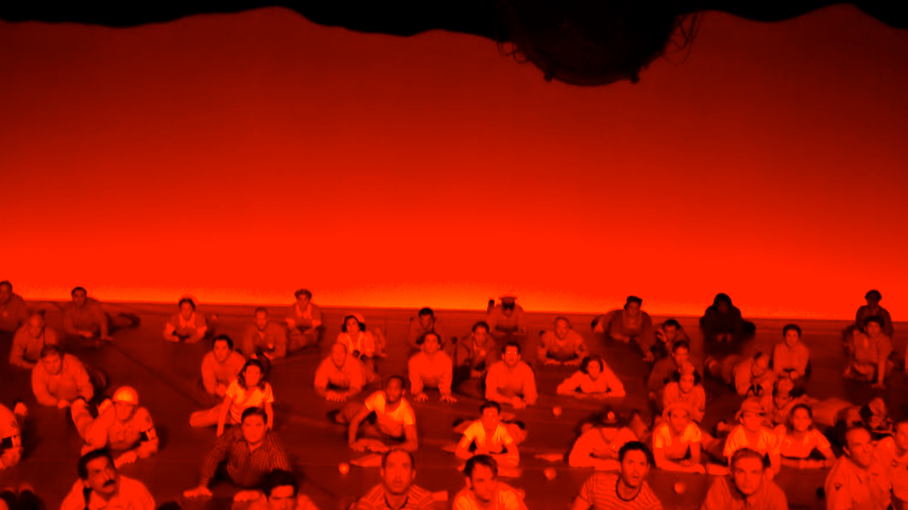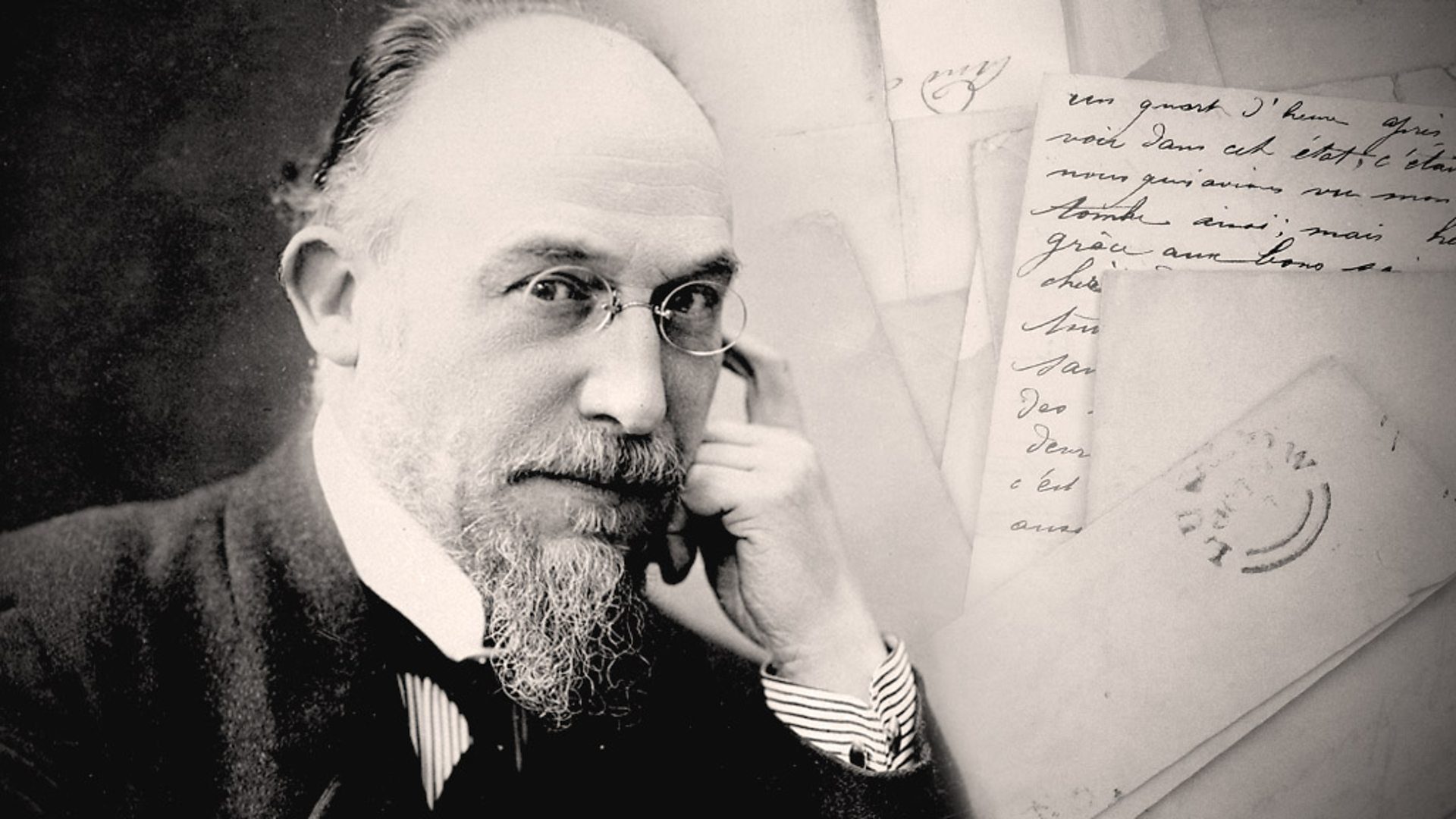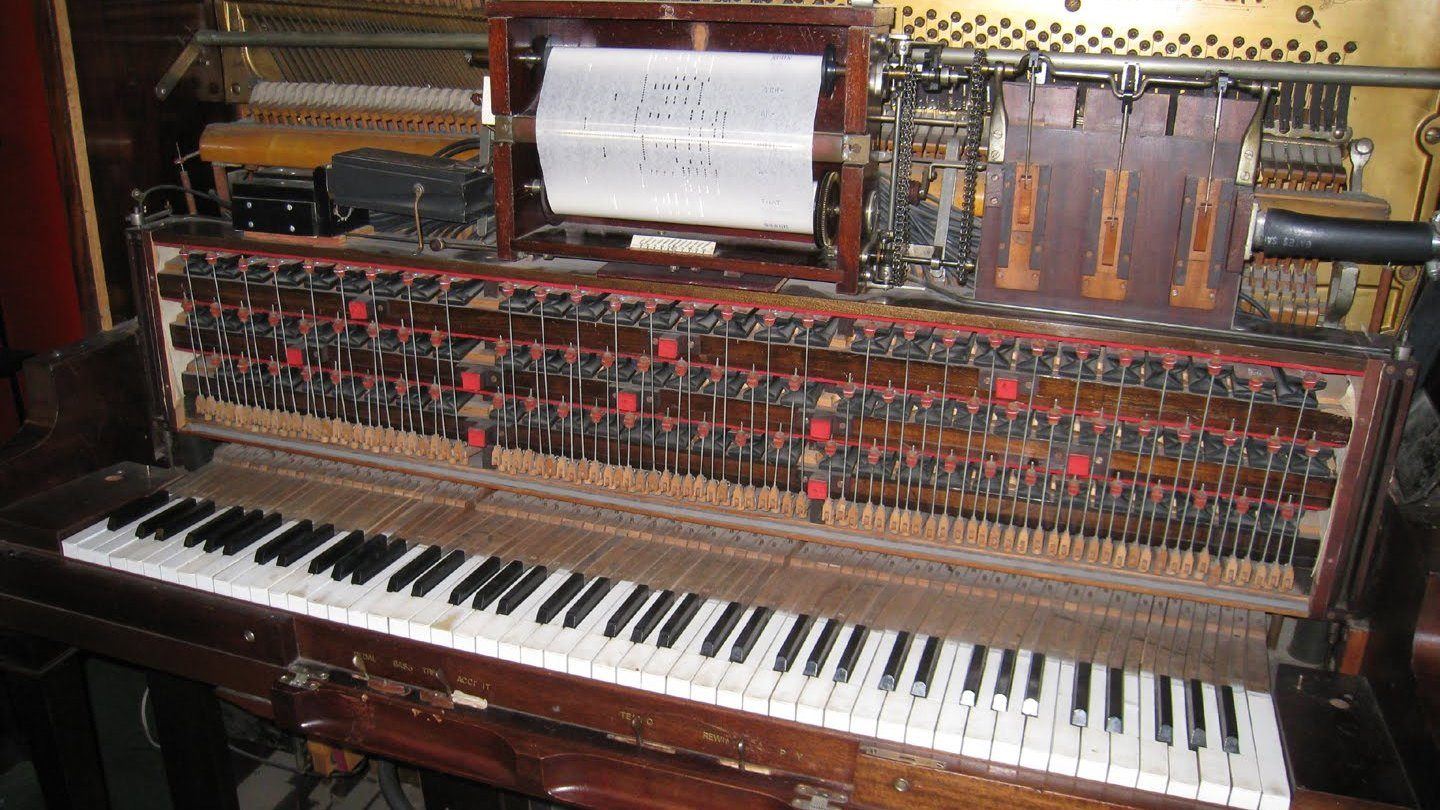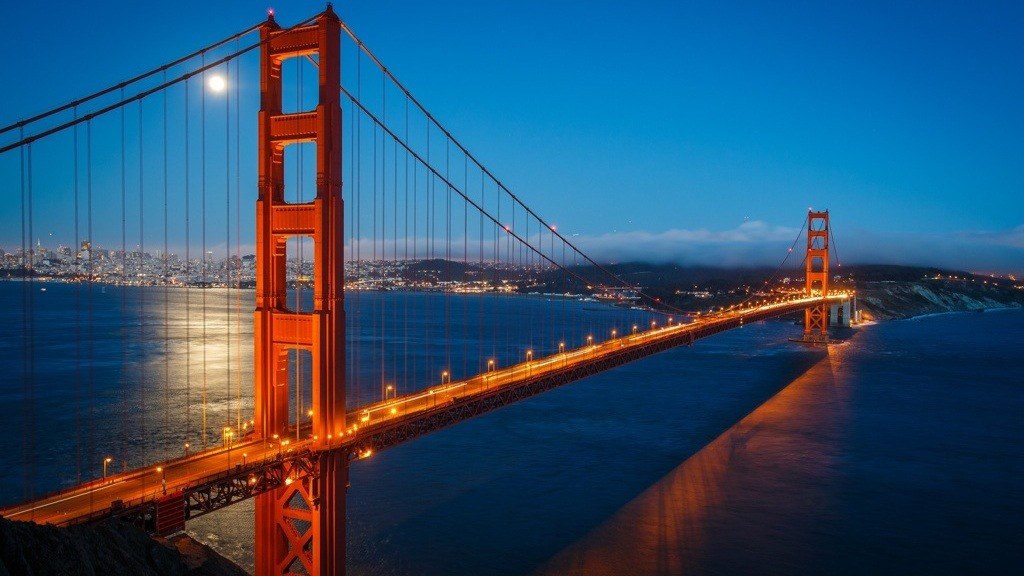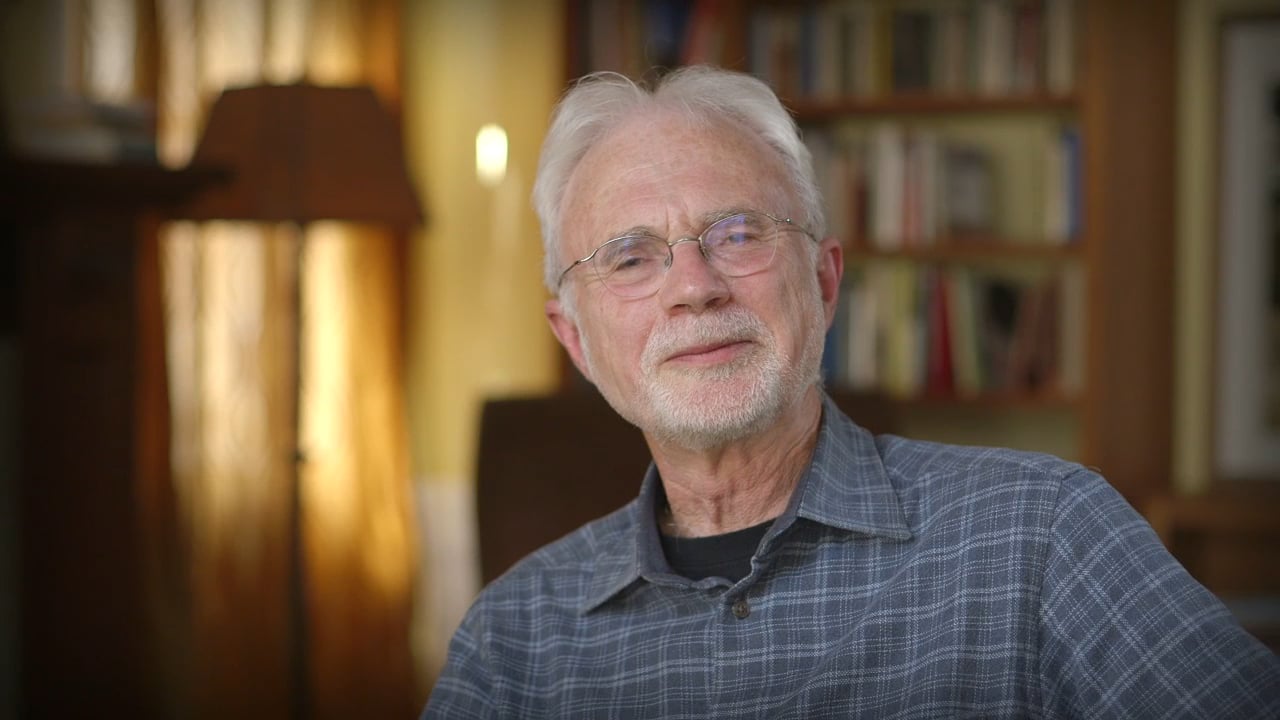John Adams’ “Doctor Atomic”: Three Excerpts
In a 1987 interview with Edward Strickland, John Adams discussed myth and archetype in relation to his new (at the time) opera, Nixon in China: …My Nixon is not the historical Richard Nixon, he is every President. I take him to be an archetype of an American head of state- maybe not even necessarily a head of state, just any emotionally undeveloped man who finds himself in a position of tremendous power. It’s …

